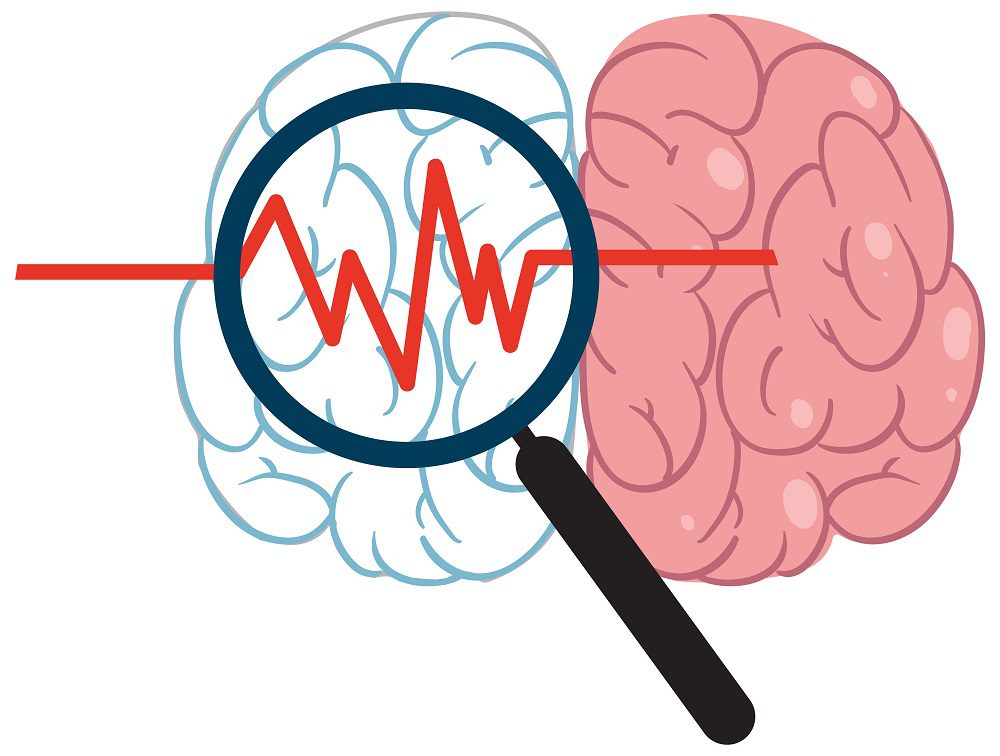Obsessive-compulsive disorder is a psychiatric disorder characterized by intrusive, persistent, and repeated thoughts, desires, or images with subsequent repetitive behaviors or thinking patterns that the individual performs to reduce anxiety. Interventions that are adequate for adult OCD cannot simply be generalized to pediatric OCD, since OCD in children and adolescents usually has a different clinical presentation, etiology, and course from adult OCD.
Delayed treatment is associated with a worse prognosis, making the need for early identification of pediatric OCD very urgent. Early identification of pediatric OCD needs specific theoretical guidance and research evidence to support them. The proposal of hierarchical prevention strategies guided by a clinical staging model is promising; however, it needs greater investment in research on the pathogenesis of pediatric OCD as well as the long-term and large-scale effectiveness of established early intervention approaches.















